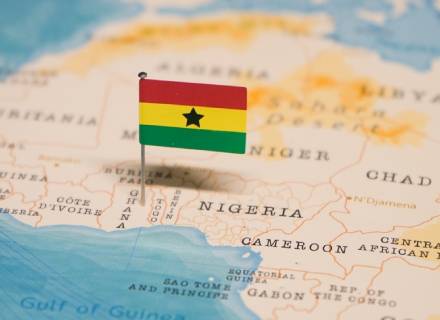As part of its efforts to lower the deficit in the energy sector, the Ghana government has indicated that it is in the process of coming to a debt restructuring arrangement with Independent Power Producers (IPPs).
The Finance Minister, Dr. Mohammed Amin Adam, stated that this would be crucial to resolving the financial issues facing the nation’s energy industry, which are mostly the result of recent nationwide power outages.
As part of Ghana’s last preparations for the just concluded International Monetary Fund (IMF)/World Bank Group (WBG) Spring Meetings in Washington, the Minister was addressing a press briefing that the Ghana News Agency was watching.
He pointed out that even if the nation lacked extra capacity; it still had legacy debt in the energy sector to pay off in addition to the debt it had accrued.
“Because of this, we have renegotiated the debt structure with the IPPs, and the debt overhang shortfall will decrease once the negotiations are done. I can confirm that we will be finalising the debt restructuring with the IPPs within the next month,” he remarked further.
After the shortages were closed, Dr. Amin Adam continued, “We should be working towards bringing the sector into financial sustainability in line with the Energy Sector Recovery Programme.”
There is currently a USD 1.9 billion financing deficit in Ghana’s energy industry, which the Minister stated during a previous engagement at the spring meetings had forced the government to take the “bullet” to close.
He said, “We reassure investors that, despite the difficulties, as a government, we’re brave enough to take the required shot to place the industry in a more sustainable manner so as to address the concerns that investors are normally worried about.”
The Energy Sector Recovery Programme, which went into effect in 2019, is one of the reforms. Another is the renegotiation of Independent Power Producers’ (IPPs’) agreements to lower their generation costs.
The establishment of a cash waterfall method and a quarterly tariff adjustment review that takes into account changes in the generating mix, inflation, and exchange rate depreciation is another.
To boost income and promote value chain operational performance, he revealed the government’s proposal to purchase around one million revenue-efficient metres through cooperation with the World Bank under a “Programme-for-Result” initiative.
In the meantime, Ghanaians can now enjoy affordable and dependable power thanks to a request from the Institute for Energy Security (IES) for the Ministries of Finance and Energy to work together and promptly provide the funding needed to address the current difficulties facing the energy sector.
The Institute also emphasised how crucial it is that the government provides resources to the Electricity Company of Ghana (ECG) to reduce its losses on the technical and business fronts.
The deployment of additional smart metres, which can identify theft, as well as a more effective distribution system to boost income are two things that Nana Amoasi VII, Executive Director, IES, said should receive such support.
Speaking to GNA, Nana Amoasi VII pointed out that carrying out this action will contribute to the achievement of ECG’s objective, which is to supply high-quality, dependable, and secure energy services to promote economic development and progress.

